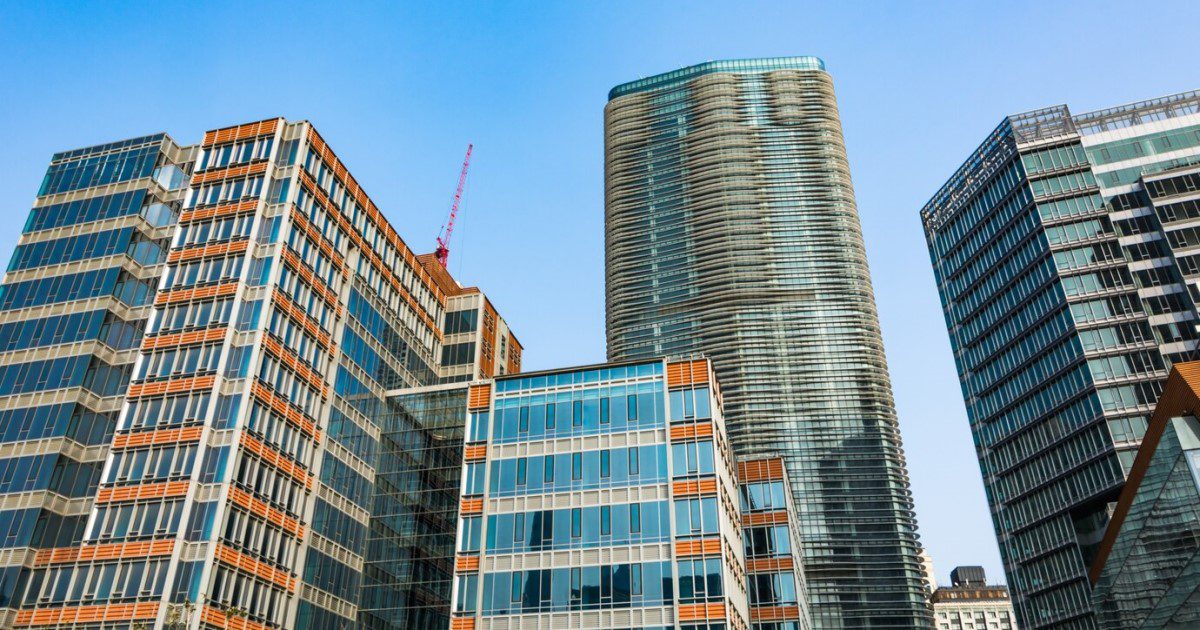SINCE 1988
203-546-7793

Securing the right commercial real estate for lease can be a game-changer in the bustling world of business. However, before you put pen to paper, it’s crucial to understand the intricacies of the leasing process.
When diving into the world of commercial real estate for lease, one of the first things you’ll encounter is the variety of lease types available. Each type has its own set of terms, costs, and benefits. Understanding these can help you make an informed decision that aligns with your business’s financial and operational needs.
In a Gross Lease, the landlord covers most of the property expenses, including taxes, insurance, and maintenance. Tenants primarily pay a fixed rent, making budgeting more straightforward. This type of lease is often preferred by those new to commercial real estate for lease because of its simplicity and predictability.
A Modified Gross Lease is a middle ground between Gross and Net leases. Here, the tenant and landlord agree on which operational costs are shared. It offers a balance of responsibilities and is becoming increasingly popular in commercial real estate for lease markets.
Common in retail, a Percentage Lease requires tenants to pay a base rent plus a percentage of their monthly sales. This type of lease is prevalent in shopping malls and multi-tenant retail spaces.
For businesses in Newtown, CT, considering commercial real estate for lease, it’s crucial to understand these lease types. Consulting with experts, like those at Tower Realty Corp, can provide clarity and ensure you choose the lease that best fits your business model and financial situation.
The old adage “location, location, location” holds true, especially when considering commercial real estate for lease. The right location can significantly impact your business’s success, from attracting customers to retaining top talent. Let’s delve deeper into why location and accessibility are paramount.
The location of your commercial real estate for lease can be a major determinant of your business’s visibility, foot traffic, and overall brand image. Being in a prime spot can:
When scouting for commercial real estate for lease, it’s not just about the location but also how accessible it is for both clients and employees.
The surrounding amenities can add value to the commercial real estate for lease you’re considering. Think about:
Understanding the local demographics of Newtown, CT, is crucial. Ensure the local market aligns with your target audience. Research factors like:
When considering commercial real estate for lease, don’t just think about the cost. Factor in the potential return on investment a prime location can offer. For businesses in Newtown, CT, seeking prime locations with great accessibility, consulting with Tower Realty Corp can provide insights into the best spots in town.
Committing to a commercial real estate for lease agreement is a significant decision that can have long-term implications for your business. The duration of the lease and the flexibility it offers can either provide stability or become a constraint.
When considering commercial real estate for lease, businesses often grapple with the decision between short-term and long-term commitments.
The ability to renew, expand, or even terminate a lease early can be crucial for businesses as they evolve.
The real estate market can be volatile, with rents fluctuating based on supply, demand, and economic factors.

One of the most critical aspects when considering commercial real estate for lease is understanding the full spectrum of costs involved. While the base rent is often the most apparent expense, several hidden fees and additional costs can impact your business’s bottom line. Let’s break down these costs to ensure you’re well-prepared.
The base rent is the primary monthly or annual cost associated with the commercial real estate for lease. It’s typically determined by:
In many commercial real estate for lease agreements, especially in multi-tenant buildings, tenants are required to contribute to the maintenance of common areas.
Beyond the obvious expenses, several hidden costs can arise in commercial real estate for lease agreements:
To ensure you’re getting a fair deal on your commercial real estate for lease:
When evaluating commercial real estate for lease, it’s not just about the space itself but also the amenities it offers and any potential limitations. These factors can significantly impact your business operations, employee satisfaction, and customer experience.
Amenities can greatly enhance the value and functionality of the commercial real estate for lease. Some key amenities to consider include:
Every commercial real estate for lease might come with certain limitations that can impact your business operations:
As businesses grow, their space requirements can change. When considering commercial real estate for lease, think about:
Entering into a commercial real estate for lease agreement is a significant commitment, but it’s equally important to understand the terms under which the lease can be terminated. Whether due to business changes, unforeseen circumstances, or other reasons, having a clear exit strategy can save businesses from potential pitfalls and financial burdens.
Termination clauses in a commercial real estate for lease agreement define the conditions under which either party can end the lease before its stipulated duration. Key aspects to consider include:
While no business enters a commercial real estate for lease agreement with the intention of breaking it, it’s wise to have an exit strategy in place:
When considering commercial real estate for lease, it’s essential to protect your business interests:
Navigating termination clauses and planning an exit strategy for commercial real estate for lease can be complex. Businesses in Newtown, CT, can benefit from the expertise of Tower Realty Corp. Their seasoned professionals can provide insights and guidance, ensuring that businesses are well-prepared for any eventualities.
Securing a commercial real estate for lease is not just a business decision but also a legal commitment. It’s essential to be aware of the legal implications and ensure that your business’s interests are protected.
Every piece of commercial real estate for lease is subject to local zoning laws that dictate how the property can be used. Key points to consider include:

When entering a commercial real estate for lease agreement, it’s crucial to understand your liabilities:
Negotiating the terms of a commercial real estate for lease can be intricate:
Given the complexities involved in commercial real estate for lease agreements:
While both commercial and residential leases involve renting property, they serve different purposes. Commercial leases are for business purposes, such as offices, retail spaces, or warehouses. Residential leases are for personal living spaces like apartments or homes. The terms, legal protections, and regulations can differ significantly between the two.
To determine if the rent is fair, research comparable properties in the area to see their going rates. Consider factors like location, size, amenities, and lease terms. Consulting with a real estate expert or broker, like Tower Realty Corp in Newtown, CT, can also provide insights into market rates.
Many commercial leases include rent escalation clauses, which allow for periodic rent increases. These can be based on a fixed percentage, inflation rates, or market conditions. It’s essential to understand these clauses during lease negotiations.
Finding the perfect commercial real estate for lease can be a daunting task, filled with complexities and nuances. But you don’t have to navigate this journey alone. With Tower Realty Corp by your side, you’re equipped with the expertise, insights, and dedication needed to find the ideal space for your business in Newtown, CT.
Whether you’re a startup looking for your first office or an established business seeking to expand, Tower Realty Corp is committed to understanding your unique needs and presenting the best real estate solutions. Call us today!